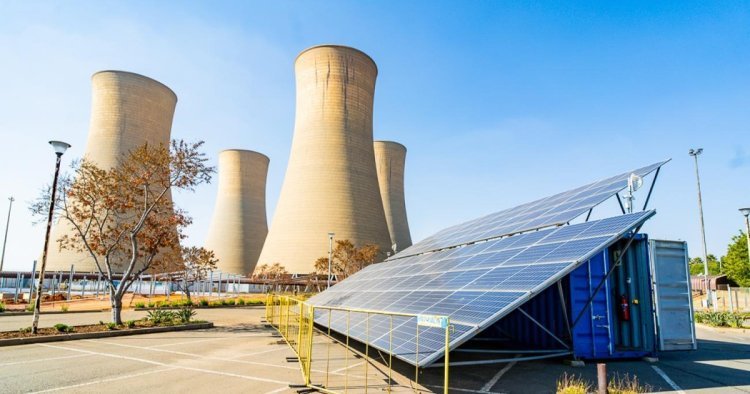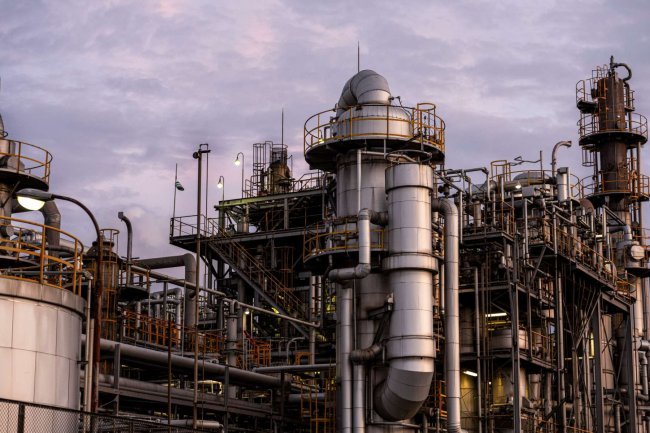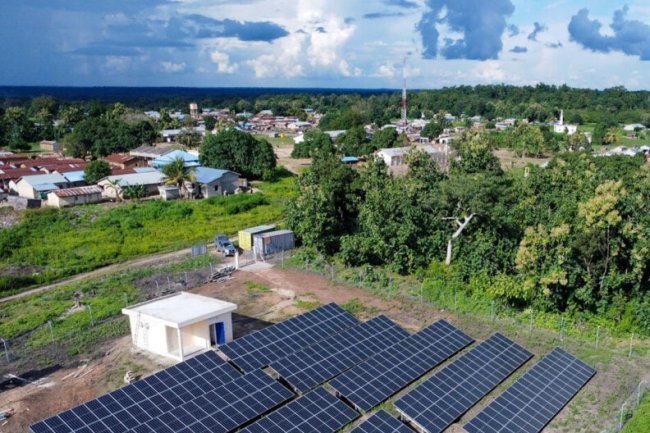South Africa gets €500 miliion German loan for fossil-fuel move
Germany has deepened its financial commitment to South Africa’s clean energy future with the approval of a €500 million ($582 million) concessional loan.

The funding is part of the Just Energy Transition Partnership (JETP), a multi-billion-dollar initiative designed to help South Africa reduce its reliance on coal and shift toward more sustainable power sources.
The 13-year loan, extended through Germany’s state-owned development bank KfW, includes a three-year grace period and carries a fixed interest rate of 4.31%, according to a statement reported by Bloomberg. It will be implemented in collaboration with the German Society for International Cooperation (GIZ).
This latest financial package builds on earlier agreements finalised in 2022 and 2023, bringing Germany’s total concessional loan support for South Africa’s energy transition to €1.3 billion. It also reinforces Germany’s role as a major contributor to the JETP, a $8.3 billion global partnership announced at COP26 in 2021.
The JETP includes funding and technical support from multiple international partners including France, the United Kingdom, the United States, and the European Union. The goal is to help coal-reliant economies like South Africa decarbonize while ensuring economic stability, job protection, and energy security.
South Africa is currently one of the most coal-dependent countries in the world. Around 80% of its electricity is generated from coal, making it the most carbon-intensive economy among the G20 nations. In addition to contributing to global emissions, the country’s ageing coal power stations have led to frequent blackouts and long-standing energy shortages.
Finance Minister Enoch Godongwana welcomed the latest loan as a critical step toward achieving South Africa’s short- and medium-term energy goals. “This funding will help improve energy security while keeping our decarbonization commitments on track,” he said.
Beyond financial aid from Germany, other international partners are also stepping up their support. Multilateral institutions such as the World Bank, African Development Bank, Japan International Cooperation Agency (JICA), and the OPEC Fund for International Development are actively contributing to South Africa’s transition efforts.
In 2023 alone, South Africa received approximately $676 million in grant funding from various donor countries to support its shift toward renewable energy and reduce greenhouse gas emissions.
Despite this progress, the road ahead remains steep. The South African government estimates it will need at least 1.5 trillion rand (approximately $78.4 billion) in investments to fully transition from coal and other fossil fuels to renewable energy sources.
Currently, coal not only powers most of the country’s electricity grid but also contributes to about one-third of its liquid fuel production. Moving away from this deep-rooted dependency will require large-scale infrastructure changes, policy reforms, and private sector involvement.
The urgency of this transition was further highlighted by recent economic shifts. In May 2025, South Africa overtook Nigeria to become Africa’s largest importer of petrol. The development points to growing energy demands and underscores the need for alternative, sustainable fuel options.
As the country balances economic growth with environmental responsibility, the JETP and international support like Germany’s concessional loans offer a blueprint for how large economies can transition away from fossil fuels. If successful, South Africa’s journey could serve as a model for other developing nations grappling with similar energy challenges.
What's Your Reaction?






















